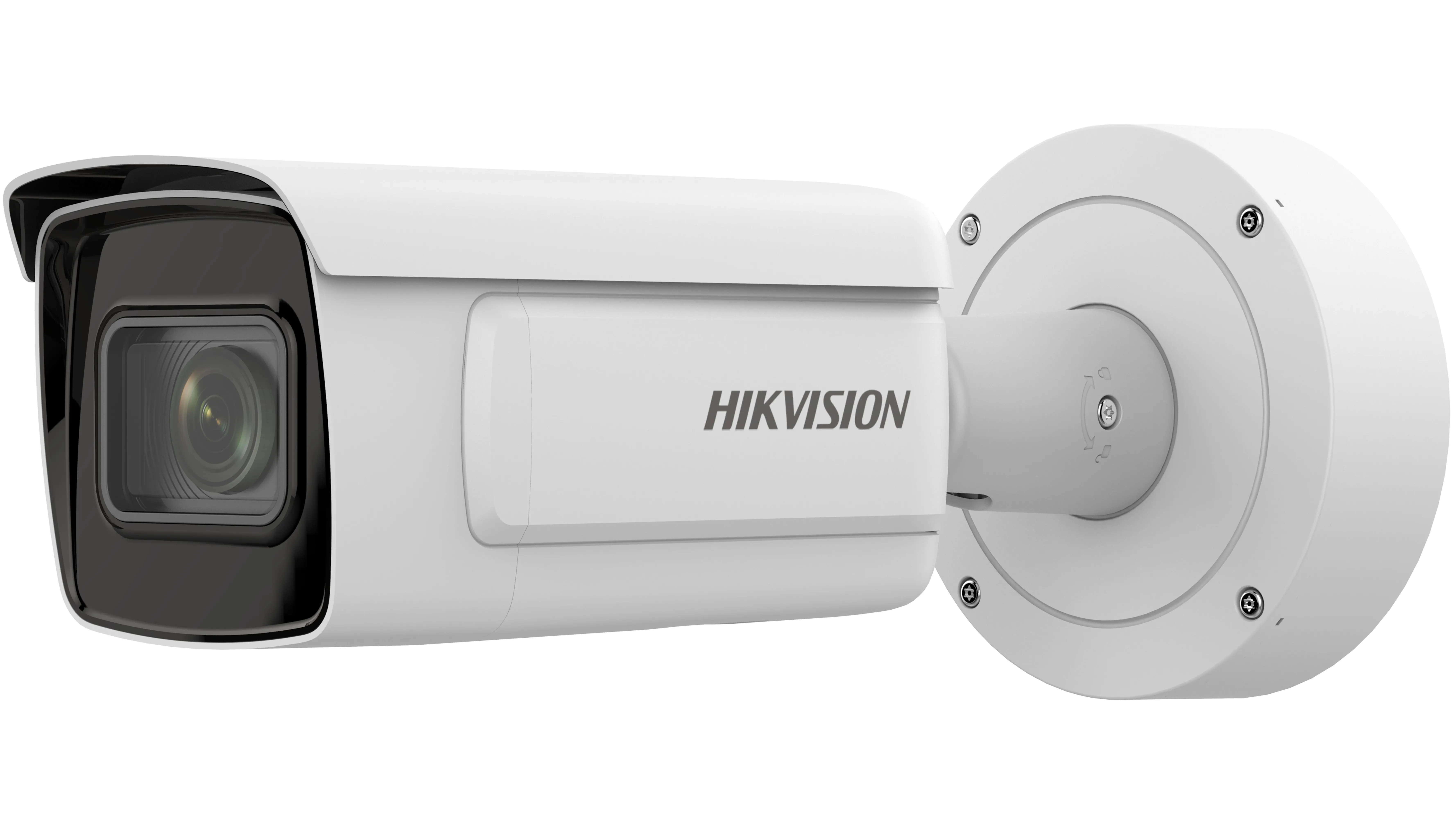
Hikvision has added to its DeepinView camera line with what it calls the Dedicated subseries.
The company says this loads a batch of artificial intelligence-powered deep learning algorithms into each unit, which are of use in two distinct categories.
The first is vehicle analysis, where cameras combine automatic number plate recognition with vehicle attribute recognition - including make, colour and direction of movement.
Typical installations would be on city streets and at the entrances of car parks and buildings.
Models in the second category have six switchable deep learning algorithms in one camera housing, including facial recognition, face counting and queue management. This means users can enable an algorithm manually for dedicated use, then later switch it as needed.
“Embedding switchable algorithms is a significant step for Hikvision to take in its AI product development," says Frank Zhang, president of the International Product and Solution Centre at Hikvision.
"In a world of ever-changing technologies and functionalities, this approach creates great value for end users to try new technologies to ensure security, as well as to implement business intelligence and other applications. The benefits of our new offerings are numerous including reduced costs, improved efficiency, and speedy and effective incident response.”
Hikvision says the cameras offer HD clarity, day and night, as they are equipped with the manufacturer's DarkFighter and LightFighter technologies.
In Smooth Streaming mode there is a "high-quality live feed", the firm insists.
The Dedicated DeepinView cameras are available in 2, 4, 8, and 12 MP resolutions.










